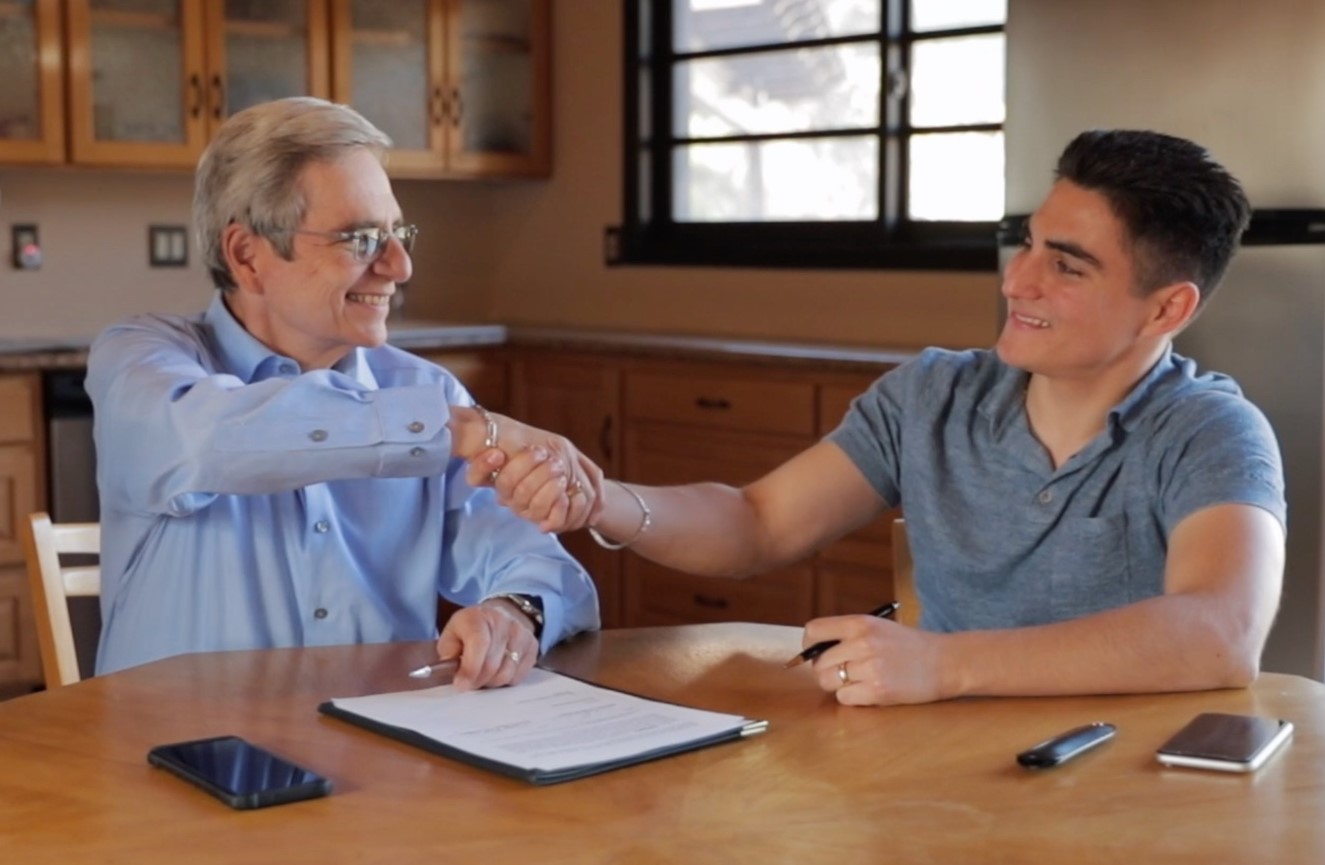In real estate, you have the negotiation. There are several phases to it, but one of the most important things is finding out what the other person wants from the sale when you’re going into a negotiation. Once you can figure out what they’re looking for, it ends up being a win-win if you can be the problem solver and solve issues they’re having or fulfill the dreams they have in the negotiation. Let’s say you’re negotiating with a seller on the price of their home, and let’s say you were the one who purchased that home, and the property has issues where they’ve done unpermitted things. The city has come after them for violations, and now there are liens on that property; if you can come in and help them solve these problems and take that headache off of their hands, you can guide the negotiation somewhere more favorable.
During the negotiation, let them speak first about what they are looking for. If you throw out a price first, they may hold onto that price and let it run the negotiation. Instead, ask them what they’re looking for and hear them out. Once you calculate the cost, you can now work with them and negotiate a more favorable price. A critical skill to have to go into the negotiations is to really listen. We recently spoke with a gentleman regarding a commercial building he’s looking to sell, and most of that first initial meeting with him was not even real estate related; he spoke on how proud he is of his children, how proud he is of what he’s done in his business, how he’s been able to acquire all the properties he’s acquired, but by hearing him and letting him speak we were able to guide the negotiation more favorably. That’s part of the negotiation.
Some people may take the approach of going straight into it and calculate numbers right off the bat, but if the client feels like you’re genuine and they feel like you’re actually hearing them out, then maybe they’re willing to wiggle a little bit on those numbers. Our negotiation style is about satisfying something, and sometimes it’s a dream the client has. For example, we have a client who wants to relocate to another state, and so in that conversation, we’re figuring out what their dreams are. They tell us it’s to move to another state one day and create a new life over there. Okay, now we can help solve that, and it’s all part of the negotiation. Before you go into the numbers, I would say that do a thorough job at figuring out the psychology behind why this person is thinking of selling or buying.
We’re negotiating two things: the price that we’re paying for the property and the terms and conditions, and while the price is important, it’s not as important as some people think. People put more weight on that because the price seems to be what dictates everything. But if you can negotiate the terms, you can be flexible with the price. If somebody is willing to sell you a property and talk about creative financing, they could carry paper. If somebody’s willing to do that, then you can potentially pay them a little bit more if they’re willing to give you a more favorable interest rate, or if they’re willing to give you a loan, it’s more favorable to your side because you don’t have to go to a traditional lender or a bank. If he can act as the bank, does that person want to cash out and not want anything else to do with the property, or are you paying them? In negotiating in real estate, it’s listening first and hearing what their problem is, and bringing a solution. If you can bring a solution to it and actually come through it, you can win big on that negotiation. That doesn’t mean that one person wins and the other person loses; in a true negotiation, both parties end up winning.
Contributor: Michael Pomes @MichaelPomes


